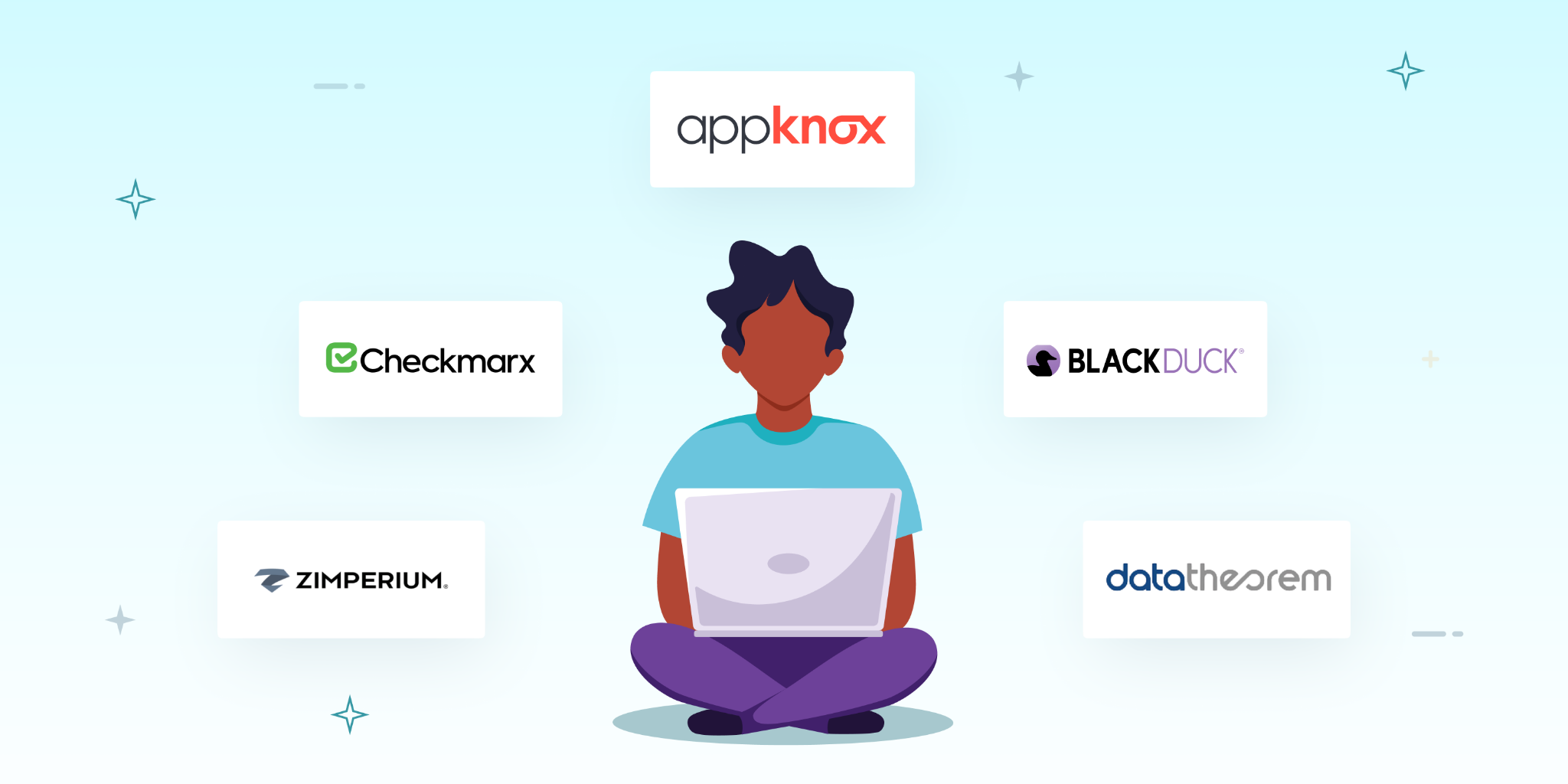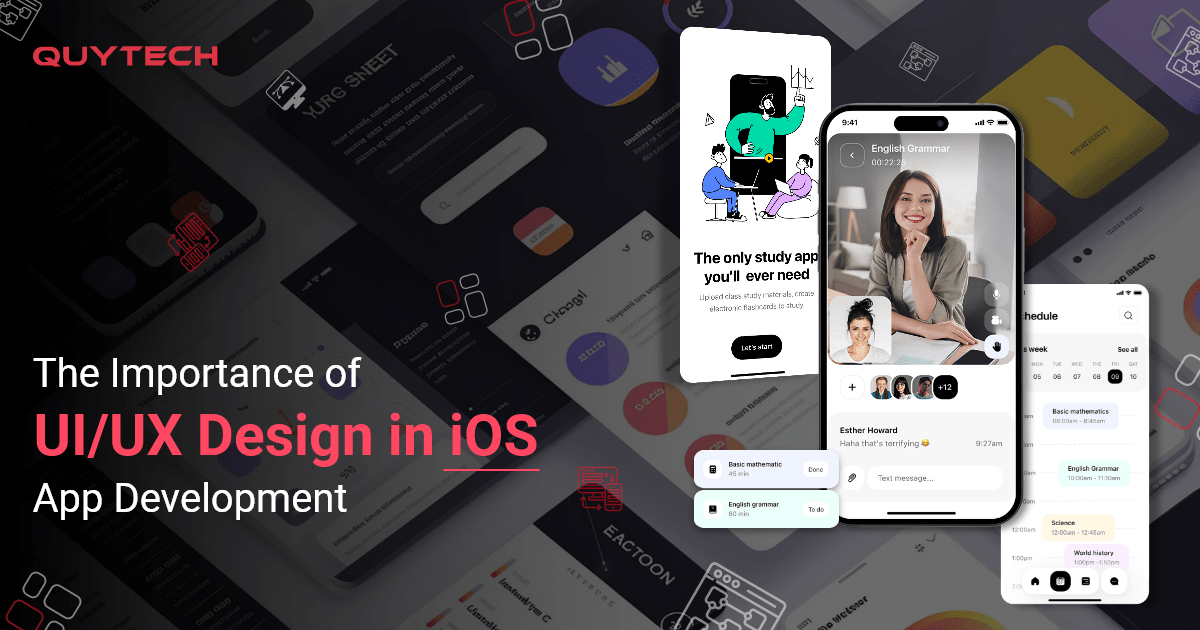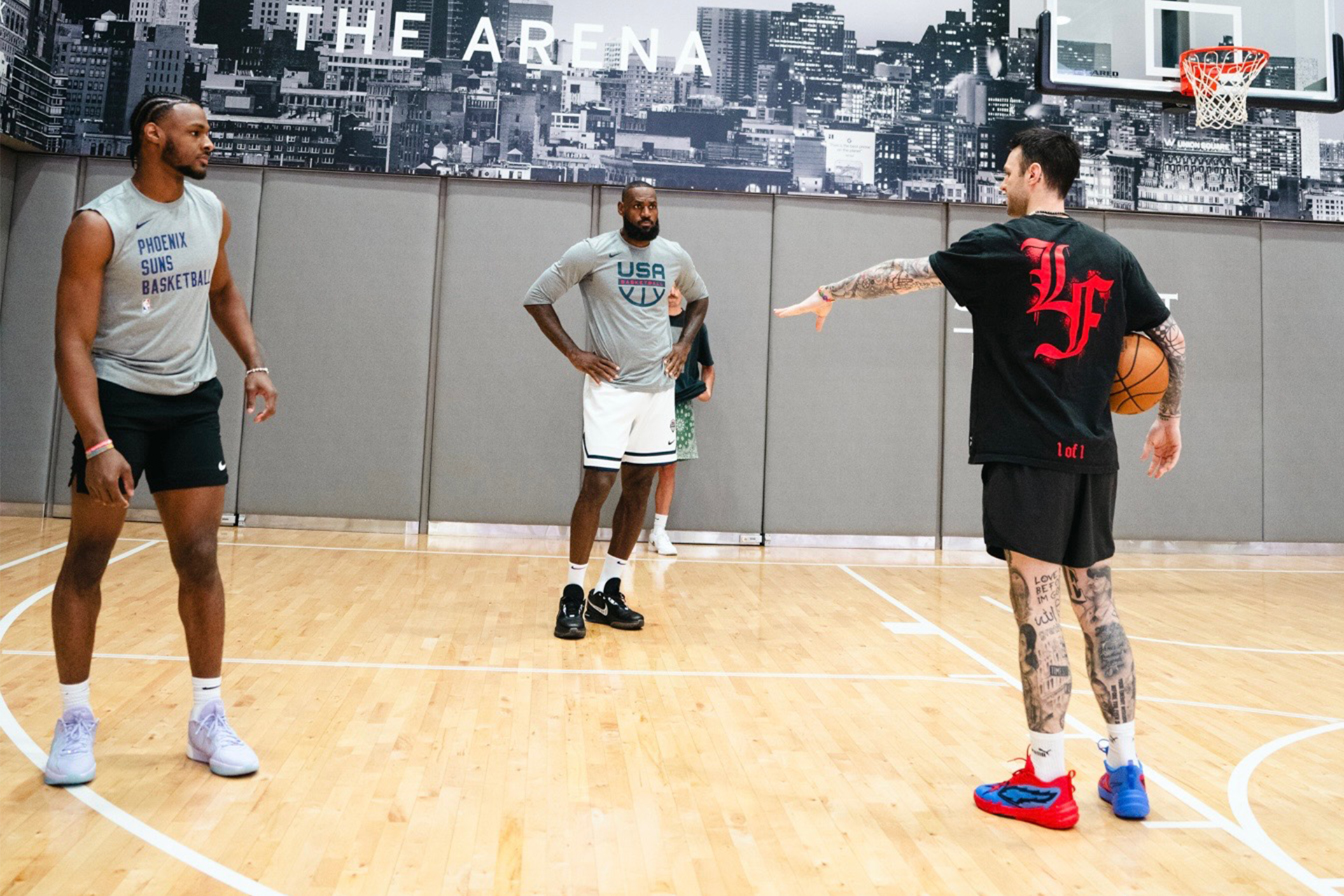AI in Remote patient monitoring is quickly becoming a cornerstone of modern healthcare, revolutionizing patient care outside traditional clinical settings.
The global market for remote patient monitoring devices was valued at USD 42.39 billion in 2023. It is expected to increase from USD 50.39 billion in 2024 to USD 203.68 billion by 2032, growing at a compound annual growth rate (CAGR) of 19.1% during the forecast period. These growing numbers are enough to showcase the importance of remote monitoring.
With innovations in artificial intelligence and the Internet of Things, remote patient monitoring platforms now enable effective real-time monitoring of patients. This assists in providing healthcare providers with valuable insights without the need for repeated physical visits in the hospitals.
This innovative approach not only makes care more convenient but also offers significant potential to improve patient outcomes, especially for those dealing with chronic conditions.
So, without any delay, let’s dive in to explore how AI in remote patient monitoring solutions is reshaping the future of healthcare with its important applications. We will also discuss real-world examples using AI in remote patient monitoring and how Markovate can help you implement such solutions by overcoming the challenges coming your way.
AI in Remote Patient Monitoring: Key Applications
AI is changing the healthcare sector, especially the remote patient monitoring domain. By integrating AI solutions with remote monitoring systems, healthcare providers can offer more efficient and personalized care. Here are some of the key applications of AI in remote patient monitoring:
1. Predictive Analytics for Early Detection of Disease
AI solutions can analyze huge amounts of patient data in real-time to identify early warning signs of potential health issues, if any. For example, AI systems can detect irregularities in signs like heart rate, blood pressure, or glucose levels.
So, predictive analytics allows healthcare providers to interrupt before a medical emergency occurs. This capability not only helps prevent complications but also allows advanced care to improve long-term patient outcomes.
2. Customized Treatment Plans
AI in remote patient monitoring allows for the creation of personalized treatment plans by analyzing and evaluating individual patient data. It includes medical history, lifestyle factors, and real-time health factors.
By utilizing ML models, AI can recommend customized plans that optimize treatment for each patient. This helps in managing chronic diseases, like diabetes, hypertension, etc., with better accuracy as per unique factors. This further improves the effectiveness of the treatment.
3. Remote Monitoring & Management of Chronic Conditions
AI helps in remote monitoring of patients with chronic conditions like heart disease, diabetes, and asthma. AI systems can help to:
- Monitor key health indicators
- Analyze patterns
- Alert healthcare professionals if a patient’s condition goes down.
This continuous monitoring helps reduce hospital visits and admissions and reduces healthcare expenses. It also helps to improve the quality of life for patients who may otherwise require regular hospital visits.
4. Automated Data Analysis & Reporting
AI automates the time-consuming task of analyzing large volumes of health data generated by wearable devices, sensors, and other connected tools used in remote patient monitoring.
By processing this data, AI can generate detailed insights and reports to reduce the burden on healthcare providers. This allows for quick decision-making, as healthcare professionals can focus on major issues rather than scrolling huge data.
5. Enhanced Patient Engagement & Support
AI-based chatbots, virtual assistants, and other AI tools can improve patient engagement by offering 24/7 support and reminders. These systems can:
- Answer patient queries
- Provide health tips
- Remind patients to take their medications or follow specific health protocols
The result is better patient adherence to treatment plans and an overall improvement in patient satisfaction and outcomes.
6. Optimized Resource Allocation
AI solutions can help healthcare providers optimize resources by analyzing patterns in patient data and predicting healthcare needs. It helps them to prioritize the resources.
For example, AI can identify patterns of patient condition and predict when a patient may require more intensive care or doctor’s help. This way, healthcare organizations can allocate resources more efficiently and reduce unnecessary hospital visits. Further, they can also optimize their staffing levels.
7. Improved Diagnostics
AI in remote patient monitoring is used to analyze data, such as ECG readings, blood test results, and imaging scans, that too with great accuracy.
It helps healthcare professionals identify conditions like arrhythmias, respiratory issues, and other diseases more quickly and accurately than traditional methods. This not only speeds up diagnosis but also improves the accuracy of results.
AI in remote patient monitoring is totally changing the healthcare sector by improving diagnosis and personalizing treatments. As AI technologies continue to grow, their potential to elevate healthcare delivery will only increase. Further, it enables patients to get faster, more accurate, and personalized care.
To support the benefits of such applications of AI in remote patient monitoring, here are some real-world examples.
AI in Remote Patient Monitoring: Real-World Examples
AI is changing the way healthcare is delivered, especially through remote patient monitoring systems. Here are some real-world examples of how AI is transforming RPM across various healthcare settings:
1. AliveCor
AliveCor offers an AI-based mobile ECG device that allows patients to remotely monitor their heart health.
How does it work?
Their KardiaMobile device captures a 30-second ECG reading and uses AI algorithms to analyze the data. It then detects potential heart-related conditions.
It allows patients to share these results with their doctors instantly, which enables them for quicker diagnosis and on-time treatments. This technology has significantly improved remote cardiac care to give a more accurate early diagnosis with real-time insights.
2. Biobeat
Biobeat is a health tech company that combines AI solutions and wearable technology for remote monitoring of important factors like heart rate, blood oxygen saturation, blood pressure, respiratory rate, etc.
How does it work?
Their Biobeat platform uses AI to analyze data collected from non-invasive sensors worn by patients. The platform automatically identifies early warning signs of any down patterns in health and sends alerts to healthcare professionals in real-time.
This advanced level of monitoring is especially important for patients with chronic conditions like hypertension, diabetes, etc. This enables healthcare providers to handle conditions earlier and avoid hospital visits.
3. CarePredict
CarePredict focuses on remote patient monitoring for aged patients. It uses AI to monitor their activity patterns, movement, and daily routines. Their wearable device is backed with AI-based analytics to provide insights into changes in their physical condition.
How does it work?
The system uses AI to detect signs of health deterioration, like decreased mobility or any kind of changes in sleep patterns. Such conditions may indicate the early stages of issues like dementia, depression, etc. With these before-time alerts, healthcare professionals can take preventive action to improve the quality of life for older patients while reducing hospital visits and admissions.
4. Omron
Omron’s HeartGuide is a wearable blood pressure monitoring solution that uses AI to track and analyze a patient’s blood pressure over time. The device looks like a traditional wristwatch and provides continuous blood pressure data. This alerts users and their healthcare providers as per concerning patterns if any.
How does it work?
AI is used to analyze the data, and it provides insights into potential risks. It also recommends lifestyle changes to improve heart health. This remote monitoring solution helps users take control of their health while it also allows healthcare professionals to remotely manage the cardiovascular health of the patients.
These real-world examples show how AI in remote patient monitoring is totally updating the healthcare sector. However, you may face some challenges while implementing such solutions let’s check them out!
Challenges While Implementing AI in Remote Patient Monitoring Solutions
While Remote Patient Monitoring has the potential to change healthcare results, many challenges need to be taken care of for its effective implementation. Here are the important ones:
- The collection and transfer of sensitive health data are the foundation for AI remote patient monitoring solutions, but this also has significant privacy and security concerns.
So, it is important to protect patient data against online attacks and unauthorized access. Also, there are strict privacy regulations such as HIPAA in the United States for this. That’s why, to maintain patient’s trust and protect their sensitive information, it is important to ensure:
- Robust data encryption
- Secure data storage
- Compliance with relevant regulations
So, overcoming this concern is as important as implementing it.
2. It can be challenging to integrate AI with existing healthcare infrastructure, such as electronic health records and other clinical systems.
To have smooth access to real-time data for patient monitoring, healthcare providers need seamless access to patient health data. However, the lack of compatibility between the latest RPM solutions and traditional healthcare platforms can lead to broken patient information, which can stop patient comprehensive care.
3. Lastly, to make sure that patients understand the importance of remote monitoring, it is crucial to provide easy-to-use interfaces and offer personalized reminders. This can help to keep them engaged and have improved real-time metrics.
So, it is important to address such challenges if you want remote patient monitoring to be valuable for you to improve healthcare results. By ensuring privacy and security, integrating data seamlessly into existing systems, and elevating patient engagement with easy-to-use and customized interfaces, AI in remote patient monitoring can become a great approach for distant patient care.
This is where Markovate can be the perfect professional partner for your healthcare solutions. Let’s explore how.
How can Markovate Enhance Remote Patient Monitoring with Custom Build AI Solutions?
At Markovate, we specialize in building custom Generative AI solutions to enhance remote patient monitoring solutions. Our developed healthcare solutions focus on intelligent data analysis and predictive insights to optimize patient care, which provides healthcare providers with powerful tools to deliver better and more efficient care.
Here’s what you can get with Markovate’s developed AI solutions:
1. Predictive Health Insights
Using generative AI development expertise, we let you analyze vast amounts of patient data to predict potential health risks and complications before they become critical. This further helps you to enable early interventions.
2. Customized Care Plans
By processing individual patient data, our developed AI solutions help create personalized treatment plans that adapt over time based on real-time health data and patient progress.
3. AI-Powered Data Analysis
Our developed solution utilizes advanced machine learning and natural language processing techniques to extract actionable insights from complex datasets. This ensures healthcare providers can make informed decisions quickly and accurately.
4. Continuous Monitoring & Alerts
Markovate developed AI models that continuously monitor patient health to detect even the slightest changes in vitals and activity patterns. Such AI-based alerts are prioritized to help healthcare professionals respond quickly.
5. Secure Data Management
By sticking to data privacy standards like HIPAA, Markovate guarantees that patient information is securely managed and easily accessible to authorized healthcare providers.
6. Scalable & Future-Proof Solutions
We build solutions that can scale with the evolving needs of healthcare organizations. This further helps accommodate growing patient data while continuously improving through AI model updates and innovations.
In short, with Markovate AI expertise, healthcare providers can focus on improving patient outcomes by delivering more personalized care.
Concluding Thoughts on AI in Remote Patient Monitoring
AI is playing an increasingly important role in the evolution of remote patient monitoring. This further reshapes how healthcare providers monitor and manage patient health from anywhere. By improving the accuracy, efficiency, and timeliness of remote care, AI is surely bringing a big change in patient results.
Overall, this integration of AI in remote patient monitoring displays the true potential of AI tools in improving remote healthcare.
Interested in building a custom AI solution for your healthcare organization?
Contact Markovate to bring a revolutionary change!





















Discussion about this post